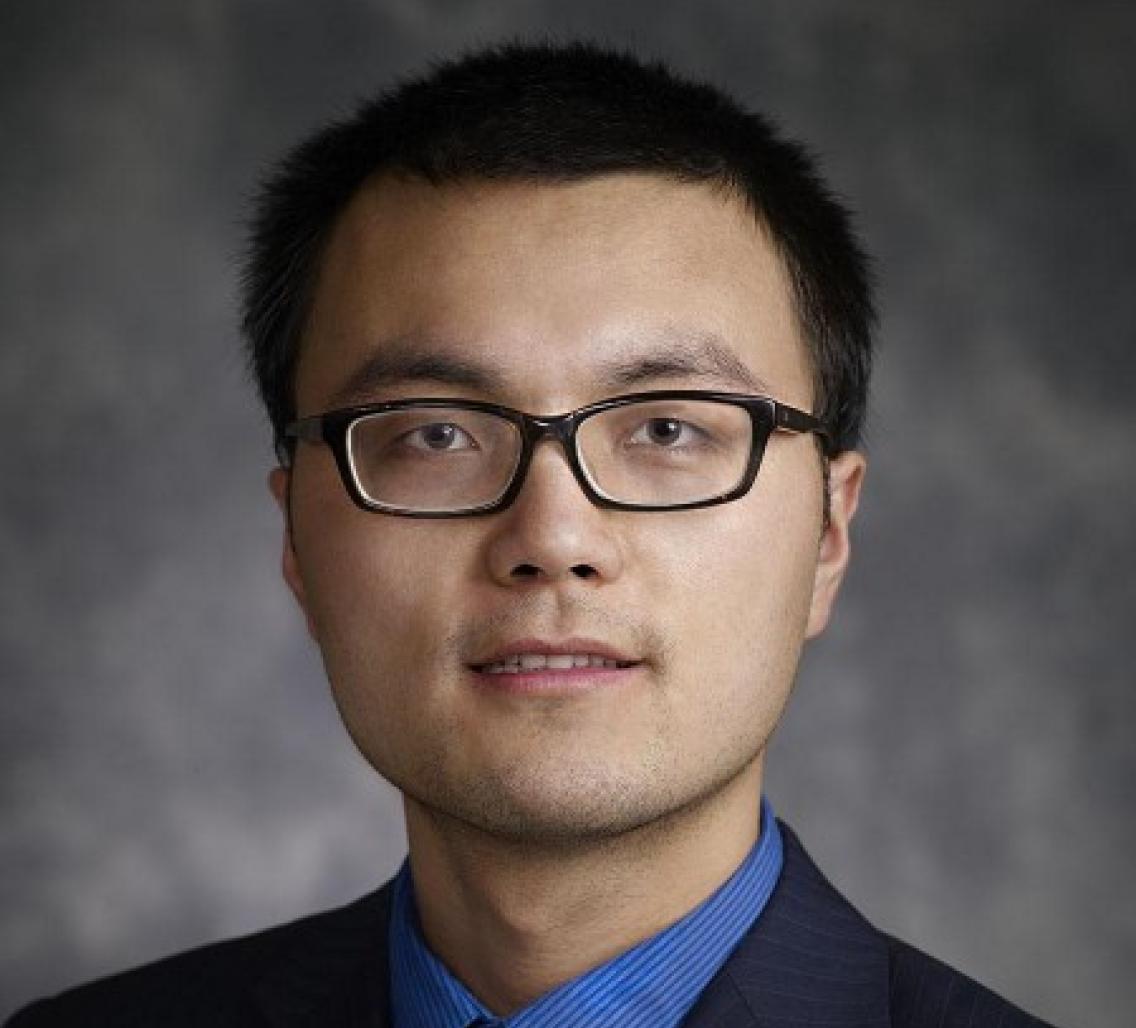Event Details:

Nanomaterials Tools for Neuroscience and Brain Therapeutics (NanoBrain)
Abstract
The brain is the most complex organ in the human body, and brain diseases are highly challenging to diagnose, monitor, and treat. Nanomaterials have emerged as a unique wireless interface with the brain in the micro/nanoscale. I will discuss our recent efforts to develop new tools using advanced nanomaterials and photonics to further understand and access the brain. These include exciting capabilities to remotely control protein activity, study neurochemical modulation, and change the blood-brain barrier permeability. These new tools provide insights into the brain microenvironment and a unique opportunity to develop strategies to treat brain diseases.
Zhenpeng Qin
University of Texas at Dallas
Zhenpeng Qin is an Associate Professor, Fellow and Eugene McDermott Professor of Mechanical Engineering and Bioengineering at the University of Texas at Dallas, a founding member of the Center for Advanced Pain Studies, an adjunct faculty at the Department of Surgery at UT Southwestern Medical Center and Institute of Engineering in Medicine at the University of Minnesota. Qin's lab focuses on developing new nanotechnologies to better understand and overcome barriers in the nervous system, and develop highly sensitive and multiplexed methods for infectious disease diagnostics. Dr. Qin has received numerous awards, including the 2022 ASME Y.C. Fung Early Career Award for “outstanding contributions to advance the understanding of biotransport issues”, NIH MIRA/R35 award for early-stage investigators for his pioneering work on the development of molecular hyperthermia to control protein activity optically, DOD/CDMRP Discovery Award, Collaborative Sciences Award from American Heart Association (AHA), CPRIT Individual Research Award, and Faculty Research Award from UT Dallas Jonsson School. His lab has received >$13 million support from NSF, NIH, DOD/CDMRP, AHA, and CPRIT. He actively serves on review panels at NSF, NIH, and DOD, and three startup companies have licensed his research.